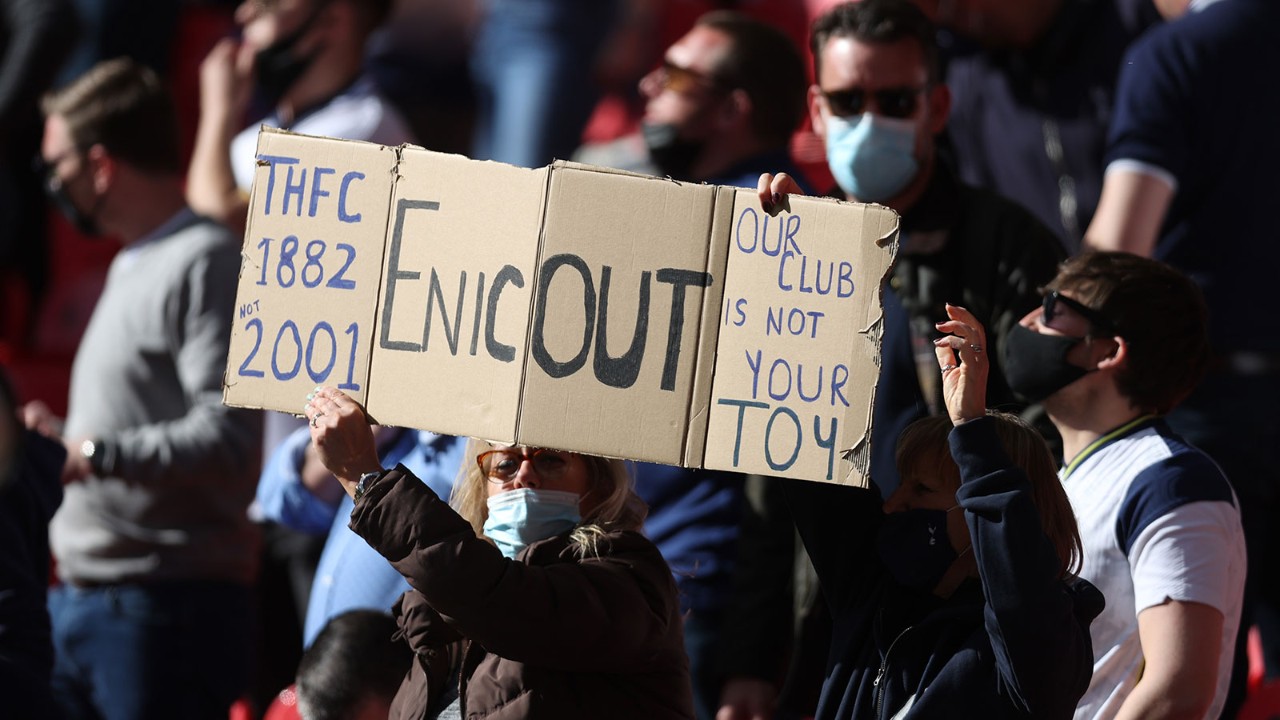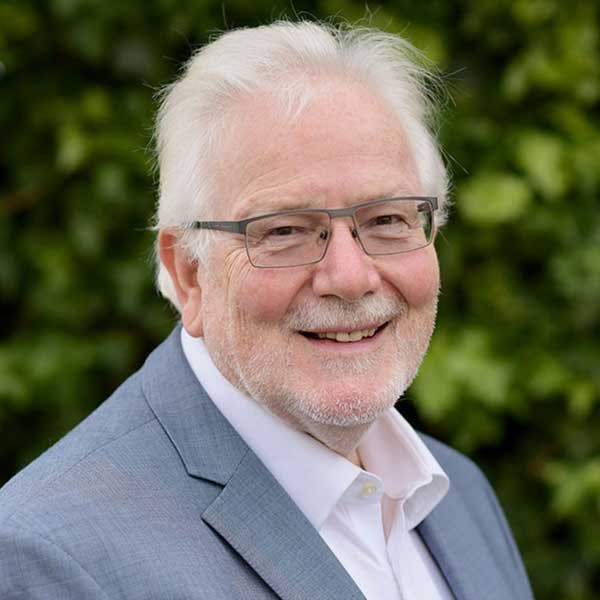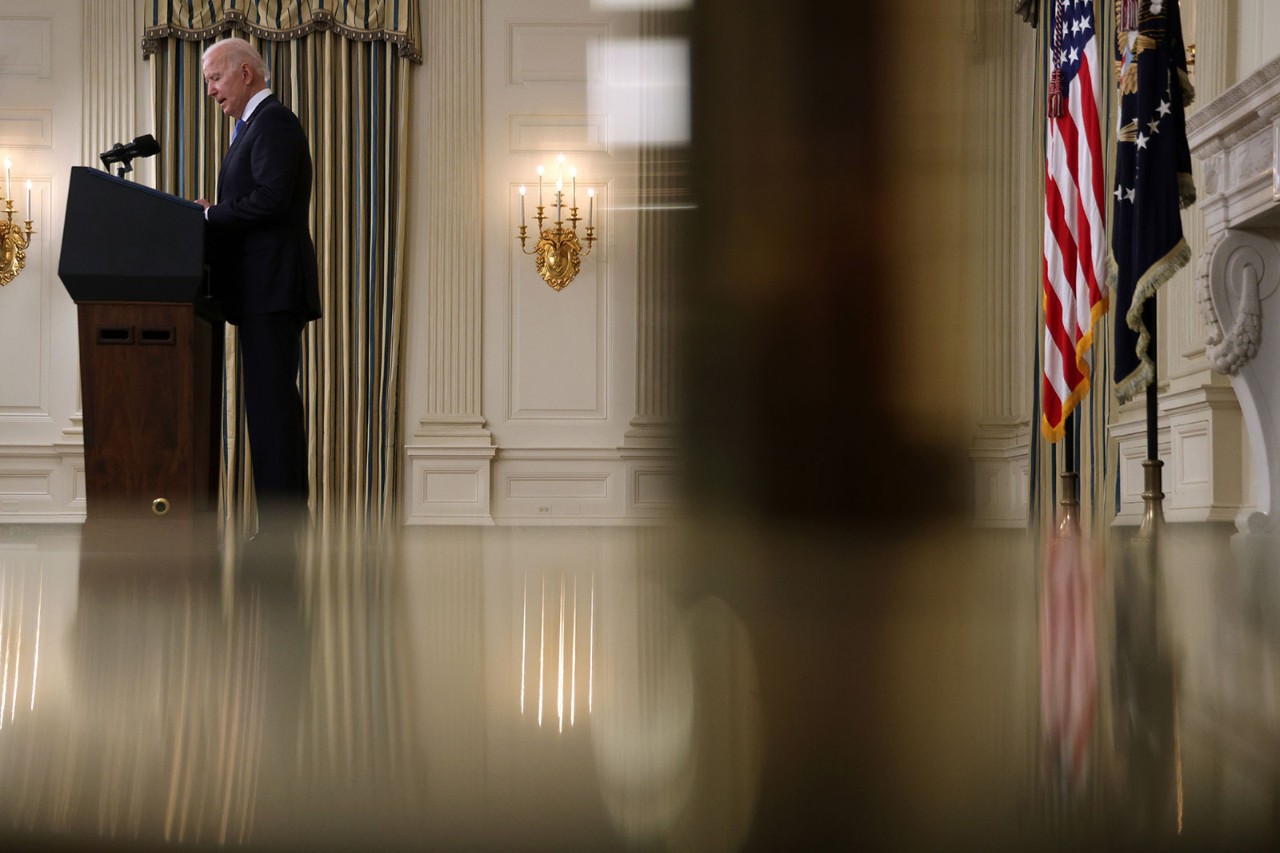
Some years ago, the chairman of Ipswich Town - the football club I support in the east of England – faced reporters amid a run of bad results. The chairman at the time, a local businessman named Patrick Cobbold, was asked if the club was in crisis. ‘Crisis?’ he answered. ‘A crisis at Ipswich Town is when we run out of Chablis in the boardroom.’
It was a remark that revealed a healthy perspective of Ipswich Town’s place in the grand scheme of things. It was a brand of humility that was glaringly absent during the recent fiasco of the European Super League.
As you may know, this was the short-lived proposal in which 12 of the richest clubs across Europe declared that they were quitting their national leagues to play each other exclusively in their own competition, keeping all of the revenue that they imagined would pour in from sponsors and broadcasters.
The plan was dead in days because everybody in the world – except the owners of the rebel clubs – thought the idea stank. TV said they wouldn’t screen it. Sponsors said they wouldn’t back it. Supporters said they wouldn’t watch it. Players said they wouldn’t play in it.

It was about money, and only money, and I believe that that philosophy of business is finished
Reputations torched
With this one calamitous decision, the clubs – household names like Liverpool, AC Milan and Real Madrid – torched reputations that had taken more than a century to build. They had plainly lost touch with their grassroots, and forgotten that their clubs arose out of communities and were originally built by fans.
They forgot that football belongs to the supporters and is nothing without them. It was a point grasped by the largest clubs in Germany and France, who wanted nothing to do with the venture.
We can at least salvage a few lessons from the ashes, though, and the biggest is about leadership.
Take people with you
First of all, if you seek to lead any organisation, it is vital to take people with you. They must believe in your values, in your strategy, in the direction you are travelling. That does not mean that you never take difficult decisions when necessary. But people must understand and trust what you are aiming to achieve.
The crucial error that the breakaway clubs made was to misjudge the kinds of values that people are ready to rally behind. The Super League was about money, and only money, and I believe that that philosophy of business is finished.
There is a lesson here for ACCA Council – that it should always mind the collective views of the membership
Their greed also demanded removal of risk and perpetual success. But sport is the opposite of that. As the Manchester City manager, Pep Guardiola, said in defiance of his club’s owner: ‘It is not a sport where the relation between effort and success does not exist. It is not a sport where success is already guaranteed. It is not a sport where it doesn't matter when you lose.’
The protests against the Super League were consistent with a trend. People expect purpose above profit and crave more of a social conscience from the institutions in their lives. They want the sports teams they love to mean more than the zeroes on a TV contract.
There is a lesson here, too, for ACCA Council - that it should always mind the collective views of the membership. We have a membership model where ACCA belongs to members, not Council, or the executive.
Purpose above profit
The two greatest managers in Ipswich’s history were Sir Alf Ramsey and Sir Bobby Robson. The latter said: ‘I bleed football. I’m a nut about it really, but I can’t change, and I won’t change. Why should I? I’m happy. It provides for my kicks, my thrills, my contentment and my pleasure. And my aggravation, too.’
There are statues of Sir Alf and Sir Bobby outside Ipswich’s ground now. It is unlikely that the leaders of the ill-fated Super League will ever earn a similar honour.




